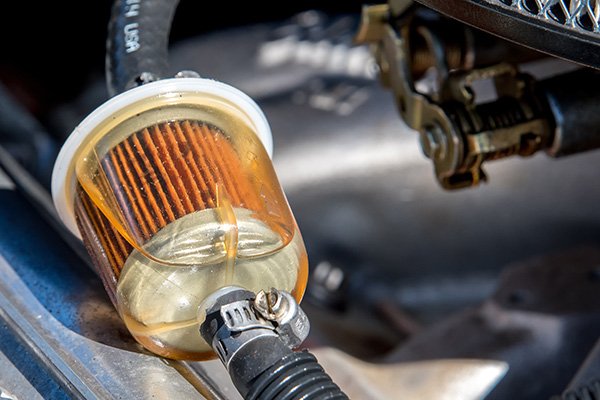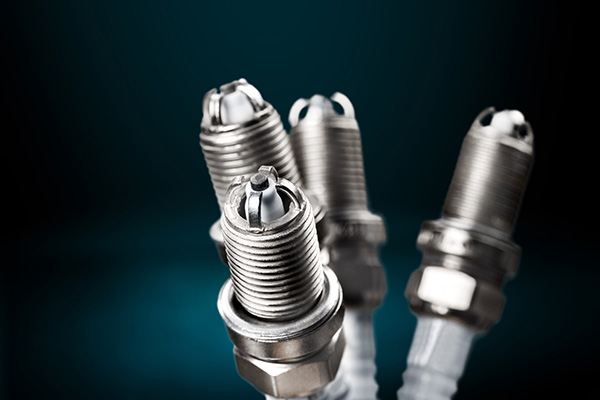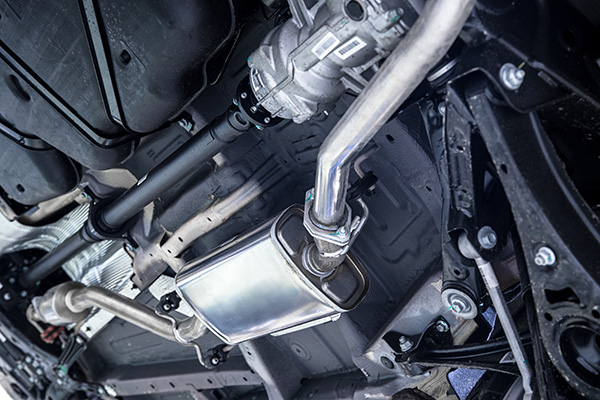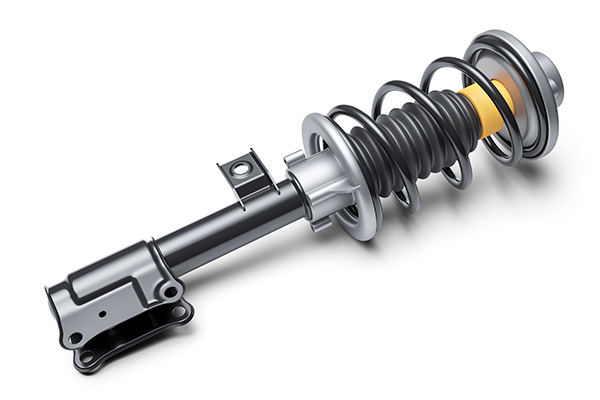Posted on 2/27/2026

A clogged fuel filter is not a major problem like a flat tire or a dead battery. The car can start, idle, and drive, but feels weak when you try to speed up, climb a hill, or merge into traffic. It starts as a small hesitation that you might blame on bad gas or a rough day for the engine. If the filter keeps restricting fuel flow, the symptoms tend to get more frequent and harder to ignore. How A Fuel Filter Gets Clogged The fuel filter’s job is to catch debris before it reaches the injectors. Over time, that debris builds up, and the filter becomes more restrictive. Some vehicles have filters that can handle a lot before they clog, while others are more sensitive, especially if fuel quality has been inconsistent. Even when you do everything right, small particles can still accumulate. A vehicle that sits for long periods can also accumulate more contamination in the tank, which eventually ends up at the filter. A clogged filter is basically the ... read more
Posted on 1/30/2026
%20copy.jpg)
A spare tire is supposed to be a short-term save, not a new lifestyle. It gets you home, gets you to work, gets you to a tire shop. But once you’ve driven on it for a day, it’s normal to wonder if you can stretch it another day or two. Sometimes you can, but it depends on what kind of spare you have and how you drive on it. The wrong approach can turn one flat into a tire-and-wheel problem, or, in the worst cases, into a loss-of-control situation you did not see coming. Know Which Type Of Spare You’re Driving On There are two common spares. A full-size spare looks like a normal tire and wheel. It’s usually close to the same size as the tires already on the vehicle. A temporary spare, the smaller “donut” style, is lighter and narrower, and it’s built for short distances. If you have a full-size spare in good shape and it matches the tire size on the car, you generally have more flexibility. If you’re on a d ... read more
Posted on 12/19/2025

When spark plugs start wearing out, the changes are usually small at first. Maybe the engine feels a little lazier, fuel mileage is not quite what it used to be, or the idle has a slight stumble on cold mornings. Because the car still starts and drives, it is easy to ignore those early hints. Paying attention to them and replacing plugs on time can prevent bigger issues with ignition coils, catalytic converters, and drivability down the road. What Spark Plugs Do Every Time You Start The Engine Spark plugs sit at the end of each cylinder, creating the spark that ignites the air-fuel mixture. They have to fire thousands of times per minute, under high heat and pressure, without misfiring. Over time, the center electrode and ground strap wear away, the gap opens up, and deposits build on the insulator. As the gap grows, the ignition system has to work harder to jump the distance. That extra strain shows up as a weak spark, occasional misfires, or coils wor ... read more
Posted on 11/28/2025

A rattle under the car can be harmless or a sign that something important has come loose. Because the sound often echoes off the pavement, it is tricky to pinpoint from the driver’s seat. The good news is that most underbody rattles come from a short list of familiar parts, and a few clues about when the noise appears can narrow things fast. Listen for When the Rattle Happens Timing tells a story. A rattle that shows up right after a cold start, then fades as the car warms, often points to thin metal shields that expand and quiet down. A noise that appears only on rough roads hints at a loose bracket, plastic splash shield, or suspension link. If the sound tracks engine rpm more than the road speed, look at exhaust and heat shields. If it tracks vehicle speed, think wheels, brake hardware, or the driveline. Heat Shields Modern exhaust systems use several heat shields to protect the cabin and nearby components. These th ... read more
Posted on 10/31/2025

When your car starts bouncing more than usual over speed bumps or feels unstable while driving on uneven pavement, the cause may not be your tires. Worn or damaged shocks and struts are often the real reason behind that bumpy, unsettled ride. These components are essential for maintaining your vehicle's stability, comfort, and safety. If the road feels more chaotic than it used to, or you notice unusual movement after hitting a bump, your suspension system may be due for attention. Learning how shocks and struts work, and what symptoms to look for, can help you catch problems before they affect your safety or cause more costly damage. The Role of Shocks and Struts in Your Suspension Shocks and struts perform a similar job in your car’s suspension, but they aren’t exactly the same. Both help control the motion of your vehicle’s springs, which absorb road bumps. Without these components, your car would continue bouncing long after each bump. Sho ... read more